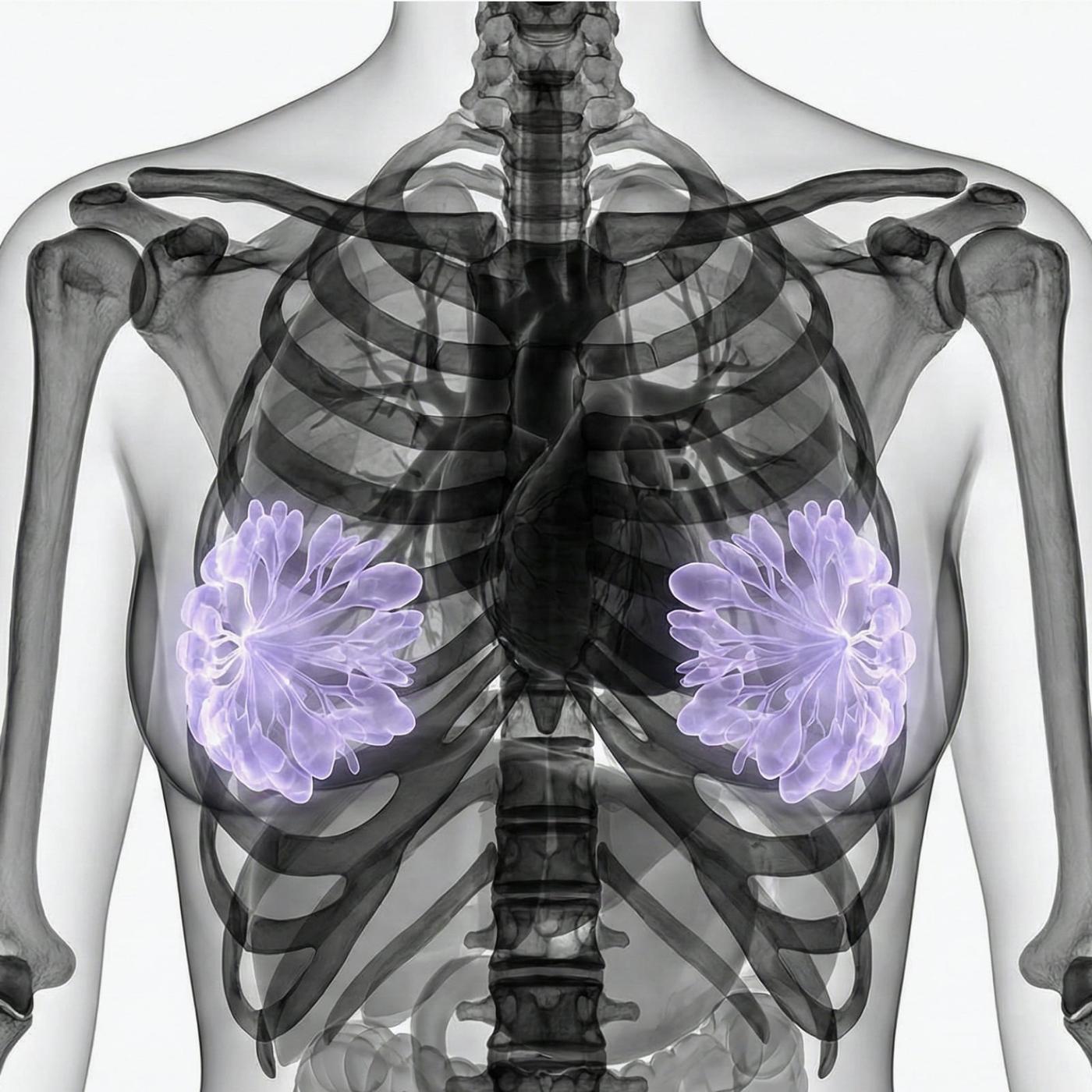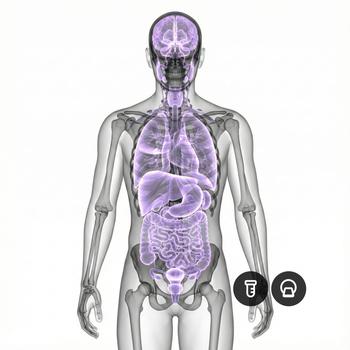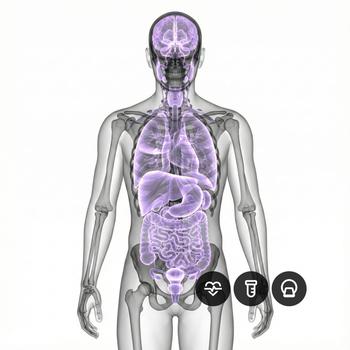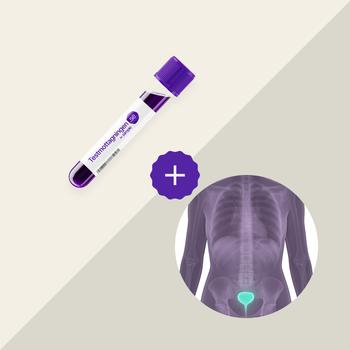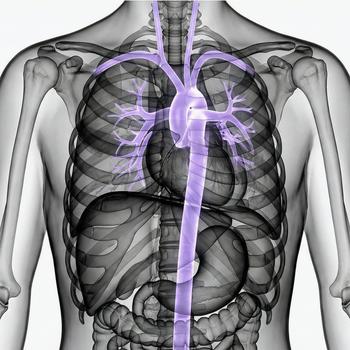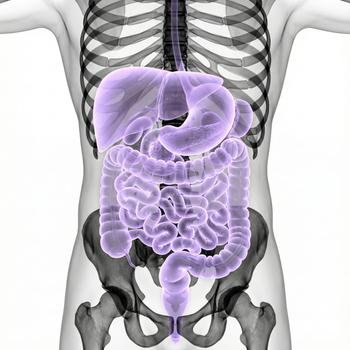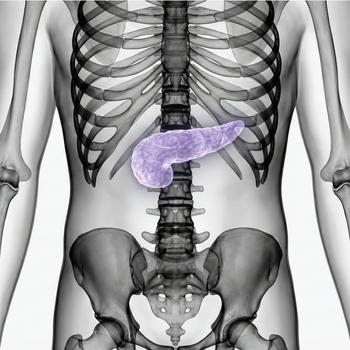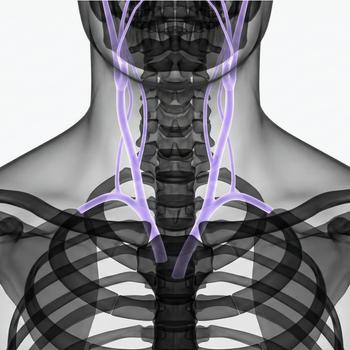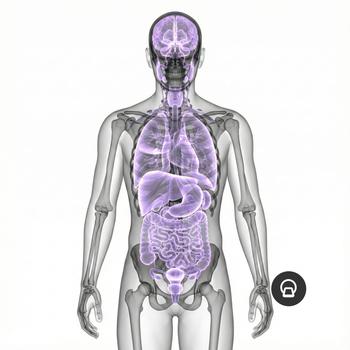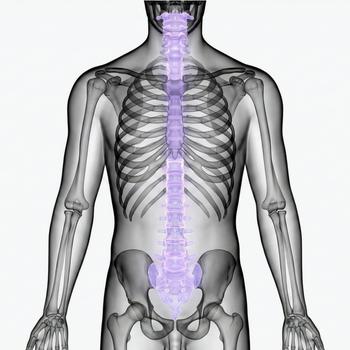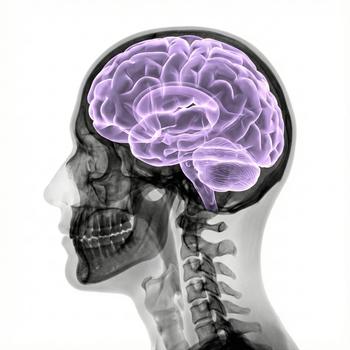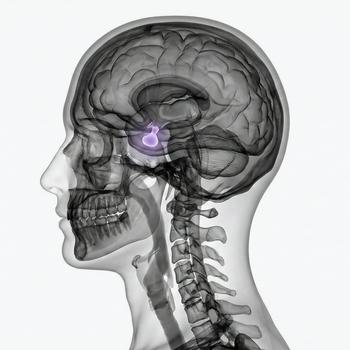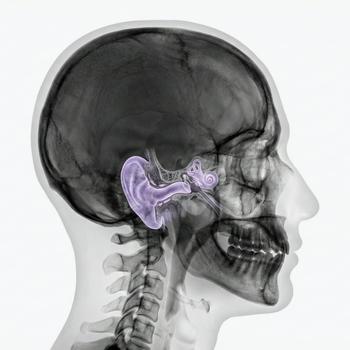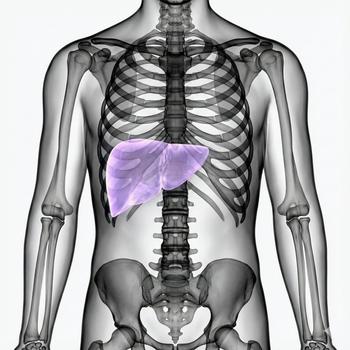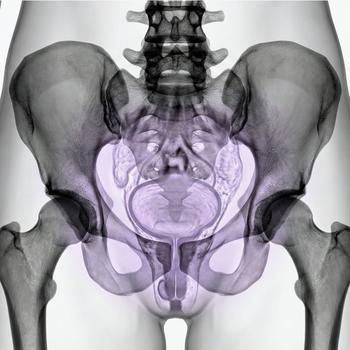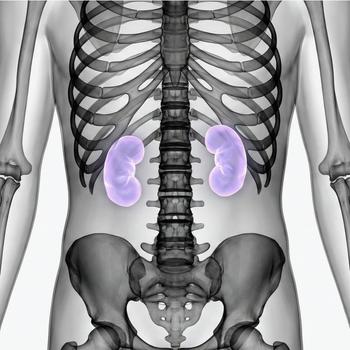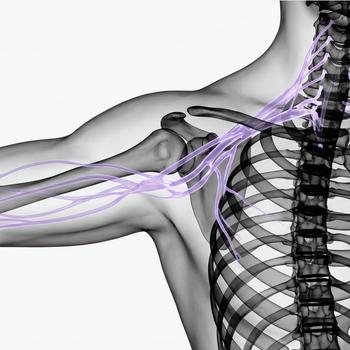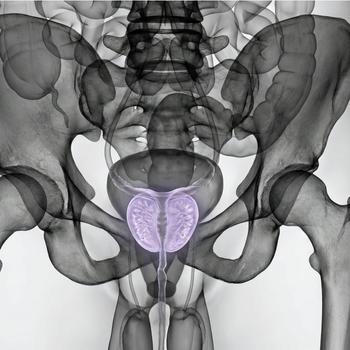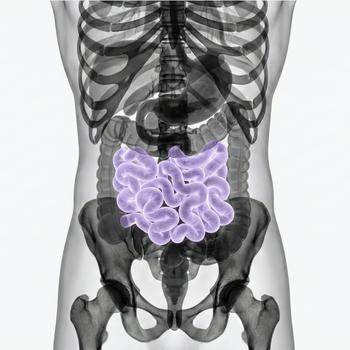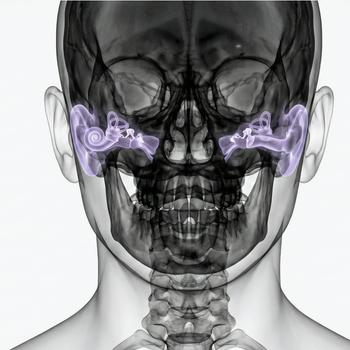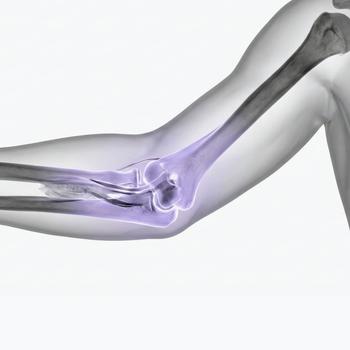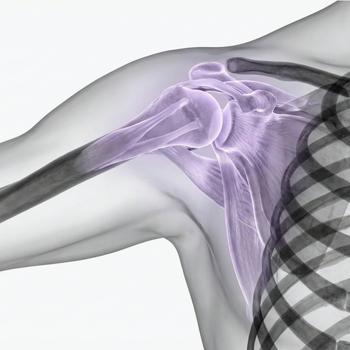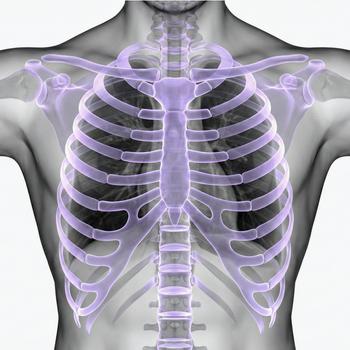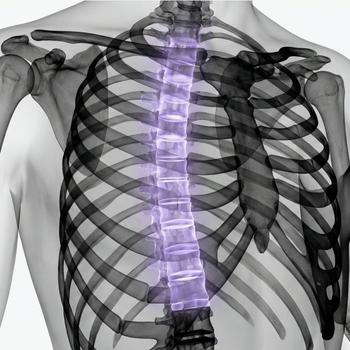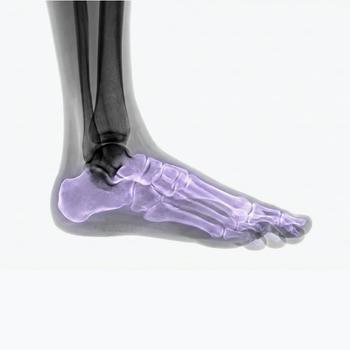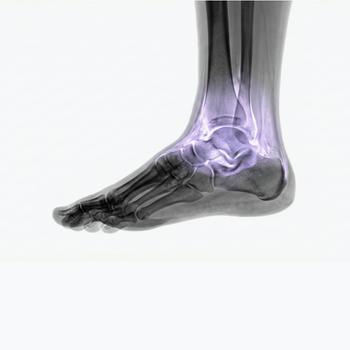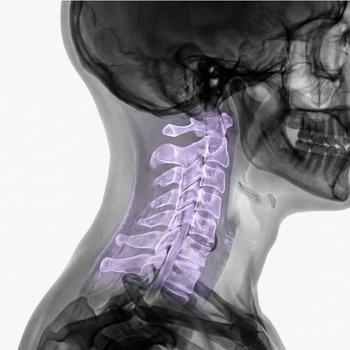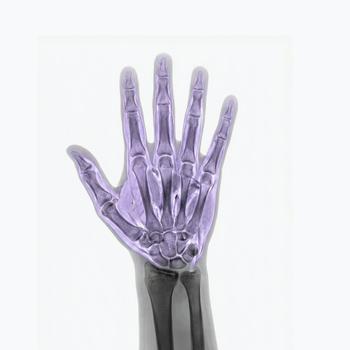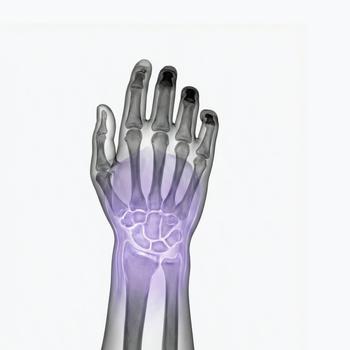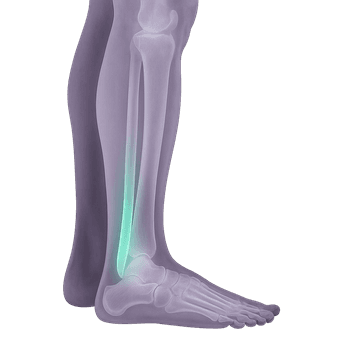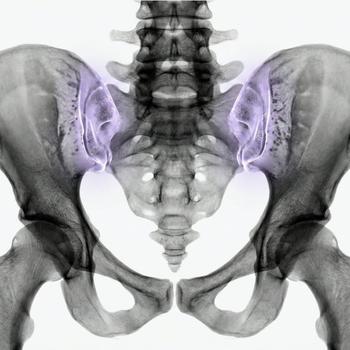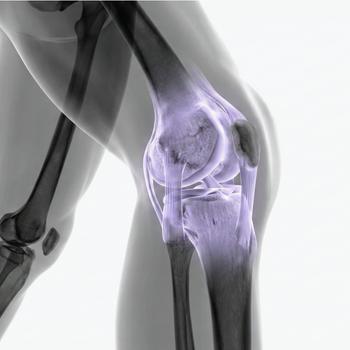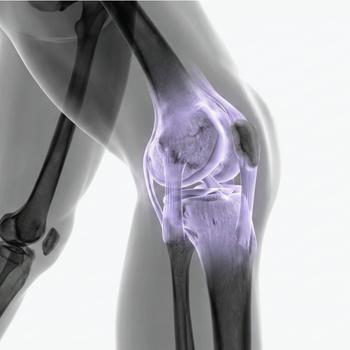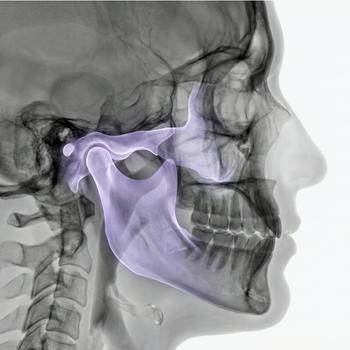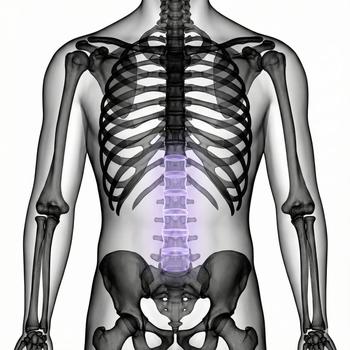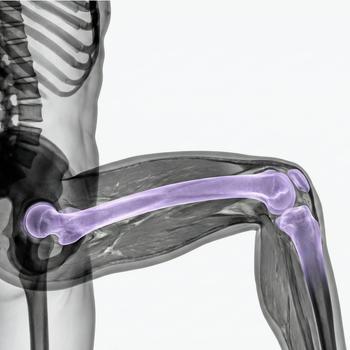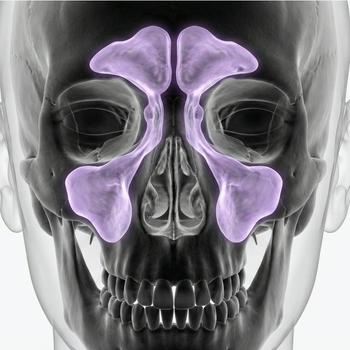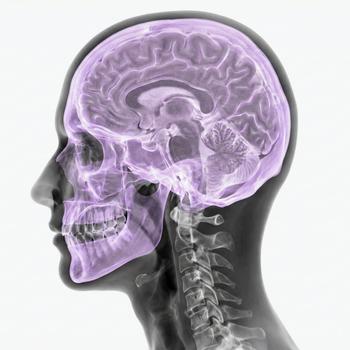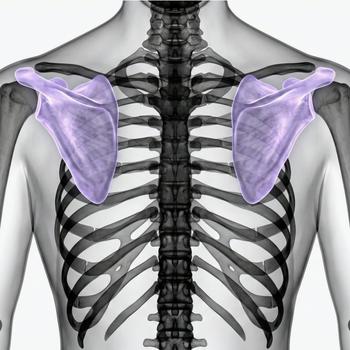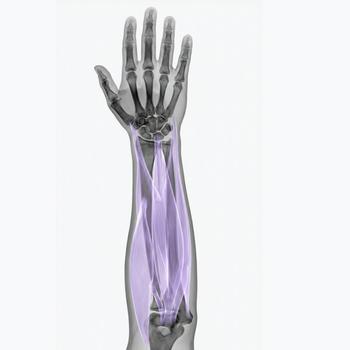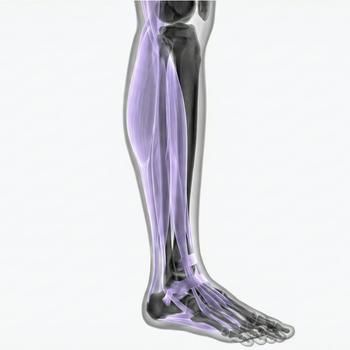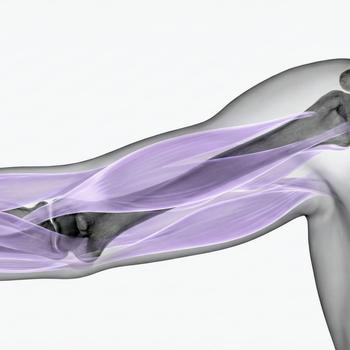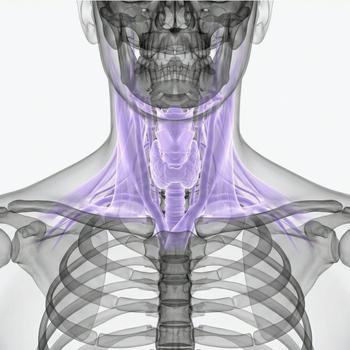MRI of the Breasts – advanced imaging of the breasts
MRI of the breasts is a highly sensitive examination used to map breast tissue in detail. The method can detect changes that are sometimes not visible on mammography or ultrasound and is often used as a complement in the investigation of breast diseases. The examination can be performed on both women and men, especially if a tumor, hormonal changes or hereditary risk is suspected. The breast tissue consists of milk ducts, glands and connective tissue, and changes here can be of great importance for the early detection of breast cancer or other diseases.
The examination provides high-resolution images of both breasts and their surrounding structures. The radiologist can identify tumors, cysts, inflammation, bleeding, scar tissue and suspected metastases. MRI is radiation-free, painless and particularly valuable in cases of difficult-to-interpret breast tissue or when other methods do not provide sufficient information.
When is MRI of the breast recommended?
A breast MRI is primarily used as an adjunct when mammography or ultrasound do not provide clear answers, in cases of hereditary risk of breast cancer or to follow up on previous treatment. It can also be used before surgical procedures or as screening in high-risk groups.
Common situations and complaints that may justify the examination:
- Changes in the breast that cannot be adequately assessed with mammography or ultrasound.
- Follow-up of previous breast cancer or after surgery.
- Suspected tumor spread before surgery or treatment.
- Investigation in case of hereditary breast cancer risk (e.g. BRCA gene mutation).
- Checking implants or suspected complications.
- Recurrent or unexplained breast pain and swelling.
Conditions when an MRI of the mammary glands may be recommended
- Breast cancer investigation – mapping of the tumor's location, size and spread.
- Hereditary risk – screening for women with an increased risk of developing breast cancer.
- Postoperative follow-up – assessment of scar tissue, recurrence or complications after surgery.
- Implant check-up – detection of rupture, leakage or other damage.
- Inflammatory conditions – e.g. mastitis or abscesses in the mammary gland.
- Metastasis – spread from other cancer that involves the breast tissue.
Book an MRI of the Breasts – get a referral immediately
An MRI examination of the breasts is an important diagnostic complement in the investigation of breast diseases. The method provides detailed cross-sectional images that can distinguish between benign and suspicious changes, detect tumors early and provide the basis for correct treatment. MRI is particularly valuable for women with dense breast tissue, at hereditary risk or when other imaging diagnostics are not sufficient. The results are reviewed by a radiology specialist who compiles a written report that is sent to the responsible healthcare provider for further processing.






















